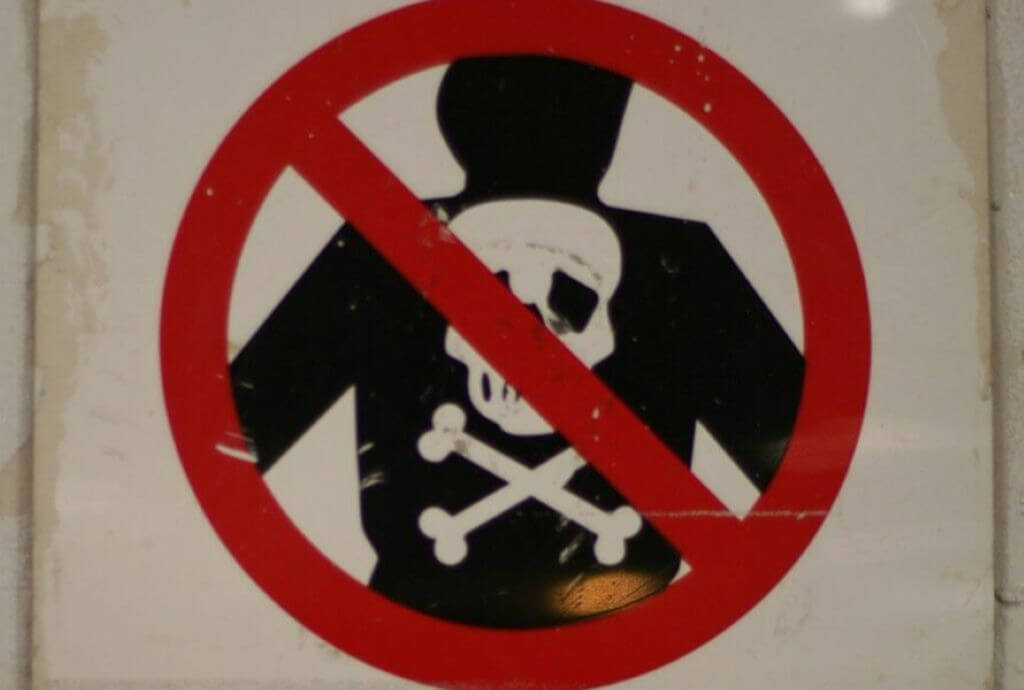Summarised by Centrist
Correction (18 June 2025):
An earlier version of this article suggested that New Zealand imposed asset freezes on Israeli ministers Bezalel Smotrich and Itamar Ben-Gvir. In fact, New Zealand’s sanctions were limited to a travel ban. The article has been updated for clarity.
New Zealand has joined Australia, the UK, Canada and Norway in sanctioning two Israeli cabinet ministers for what Foreign Minister Winston Peters said are acts to deliberately “undermine peace and security” in the Middle East.
Israeli Finance Minister Bezalel Smotrich and National Security Minister Itamar Ben-Gvir are now banned from entering New Zealand – a rare diplomatic move, which drew formal protest from Israel and criticism from the United States.
The pair are accused of inciting violence, backing the expansion of Israeli settlements, and obstructing a two-state solution. Smotrich has defended the eviction of Palestinians and called Arabs “Nazis,” while Ben-Gvir described the Gaza war as a “chance” for Jewish resettlement and rejected all calls for a ceasefire.
New Zealand only imposed a travel ban on the two ministers. Asset freezes were part of the broader joint action by other countries, not enacted domestically by NZ against the ministers.
Prime Minister Christopher Luxon backed the sanctions over the Israeli ministers’ “extremist rhetoric.” Luxon pushed back against US criticism, saying he is confident the sanctions are “the right course of action for us,” while adding that New Zealand has “huge respect” for American efforts to broker a ceasefire in Gaza.
He said New Zealand had already taken action against “extremist Israeli settlers,” referring to an earlier 2024 regime under NZ law that targeted extremist Israeli settlers and included both travel bans and asset freezes. Luxon has also previously confirmed that Israeli Prime Minister Benjamin Netanyahu would face arrest if he entered the country due to an ICC warrant.
Luxon also commented on Israel’s pre-emptive strike on Iran, calling it “a really unwelcome development” and warning that “the risk of miscalculation is high. That region does not need any more military action and risk associated with that.”
Legal expert Anton Moiseienko noted the sanctions fall under the “Magnitsky” model, which targets individuals, not governments, for alleged rights abuses.
“Once someone is accused of human rights abuse by a credible government, banks worldwide may decide it’s no longer worth keeping them on the books,” Moiseienko said.
Editor’s note: New Zealand does not have a formal Magnitsky law, as exists in the United States. These travel sanctions against the two Israeli ministers may be more accurately described as “Magnitsky-style,” as they do not fall under a dedicated legal framework by that name in New Zealand.
Read more over at Stuff and The Conversation



















